If Smart Glasses Are Coming, What Will That Mean for Classrooms?
ED Surge
OCTOBER 10, 2024
When Meta held its annual conference at the end of September, the tech giant announced it is betting that the next wave of computing will come in the form of smart eyeglasses. Mark Zuckberberg, Meta’s founder and CEO, held up what he described as the first working prototype of Orion, which lets wearers see both the physical world and a computer display hovering in the field of vision.
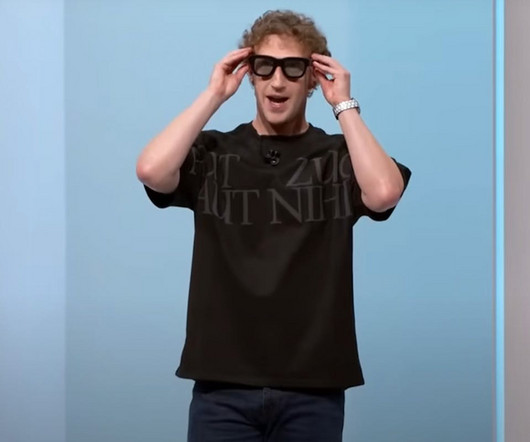
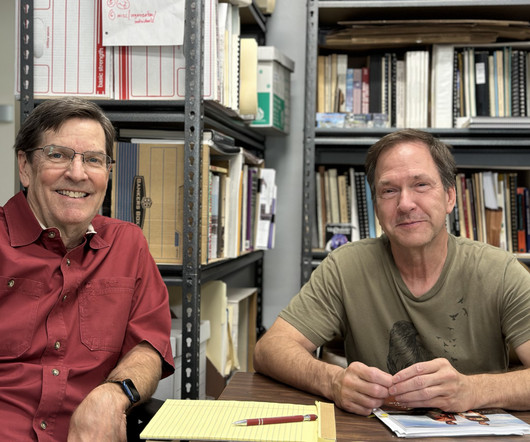

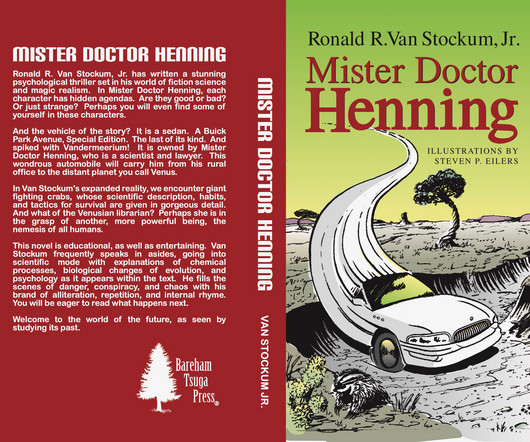

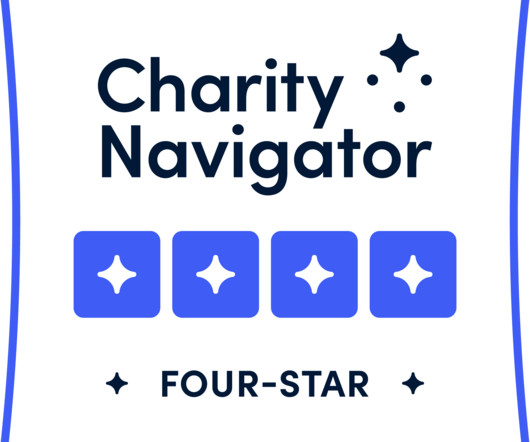
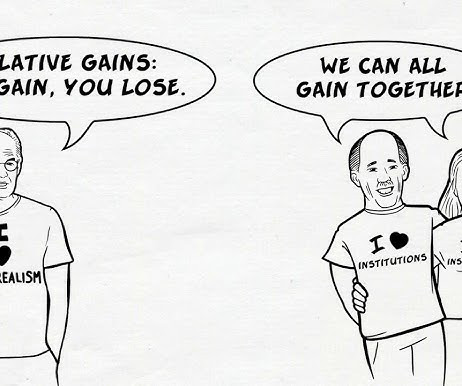
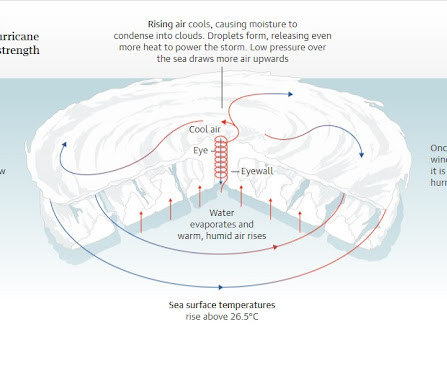


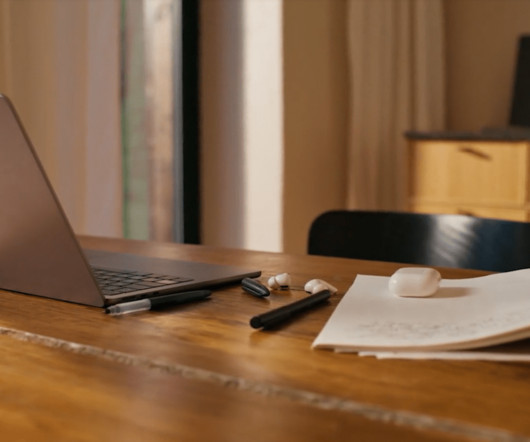
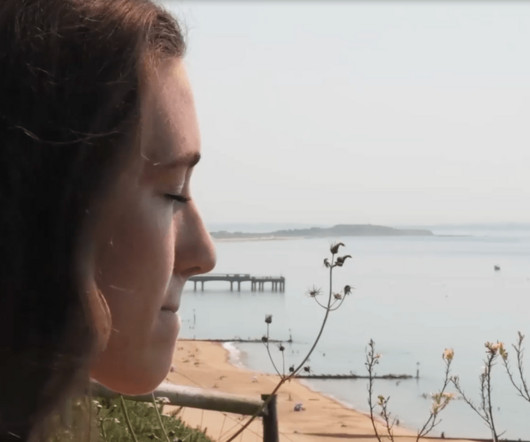
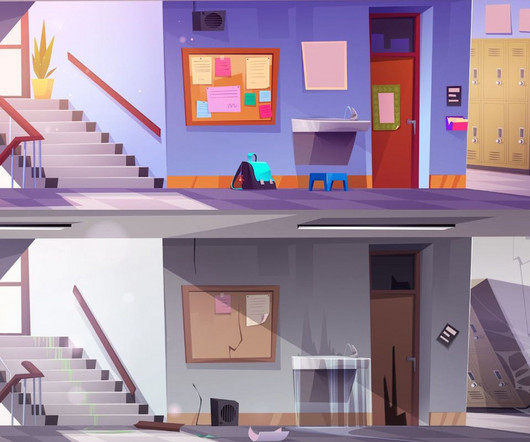
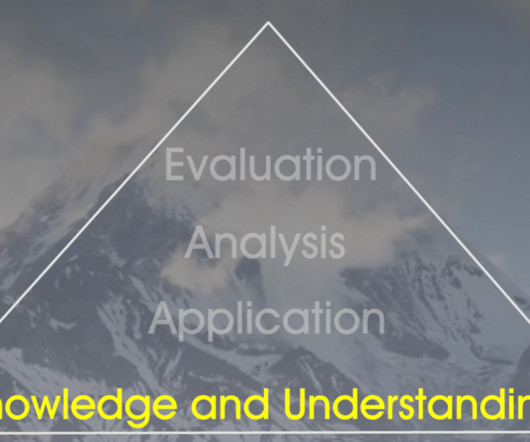
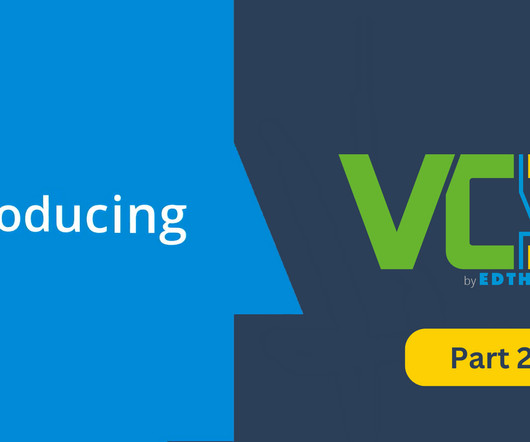






Let's personalize your content